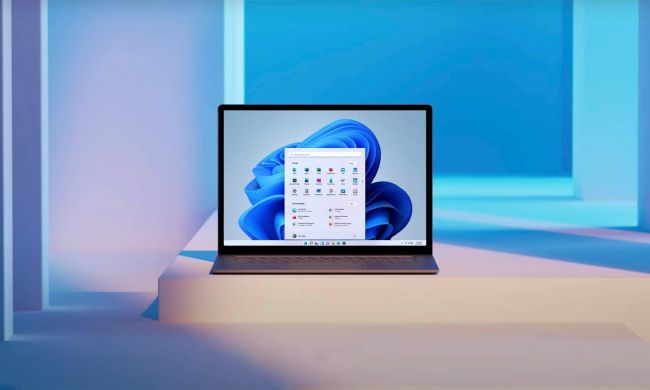
Microsoft Edge is already jam-packed with features that other web browsers don’t have, but a new one might well help your PC run faster while gaming. The default Windows web browser now has the option to limit the amount of RAM it uses, helping you prioritize RAM access to other applications or games. The feature is currently being tested in the Canary version of Microsoft Edge and could roll out to everyone if Microsoft deems it useful enough and gets quality feedback.
Spotted by X (formerly Twitter) user Leopeva64, the setting for this new feature is buried in the System and Performance section of the latest Canary version of Microsoft Edge. It is being rolled out gradually, so not everyone has it yet, but it gives two options for controlling your PC resources.
You can select an option for Edge to Control resources when gaming, or Always. There’s even a slider that allows you to control the browser’s RAM usage on a scale based on how much RAM your PC physically has. You can go as low as 1GB, or as high as 16GB, in the example shared by Leopeva64.
A new section on the Settings page could let you control how much RAM Edge can use, you can also choose whether this control is activated only when you are playing a game or always:https://t.co/YiCu5igL0U pic.twitter.com/pE29PI6FfR
— Leopeva64 (@Leopeva64) March 27, 2024
You might not want to play with these settings if you’re worried about web pages loading slowly, but for anyone who has a PC with lower-end specifications, it is a big deal. This can help other apps on your PC, like Microsoft Word or Slack, run faster, especially while Edge is already running on top of them. For gamers who might be multitasking with Edge running in the background, it also helps push more resources into actual gameplay since the browser will have a smaller footprint.
It’s unclear when this feature will roll out to the standard version of Edge, but Microsoft has poured a lot of effort into making their web browser run efficiently. The browser already has the option to reduce Edge’s CPU consumption when gaming. That’s on top of the sleeping tab feature, which lets you save system resources. Edge even has a performance detector, which helps it automatically fix tab performance issues.
Microsoft Edge is based on Chromium, the same web browser that powers Google Chrome. Google’s browser has long been criticized for taking up too many resources and has a memory-saving feature of its own. However, Microsoft appears to be taking things much further with more levels of customization.


